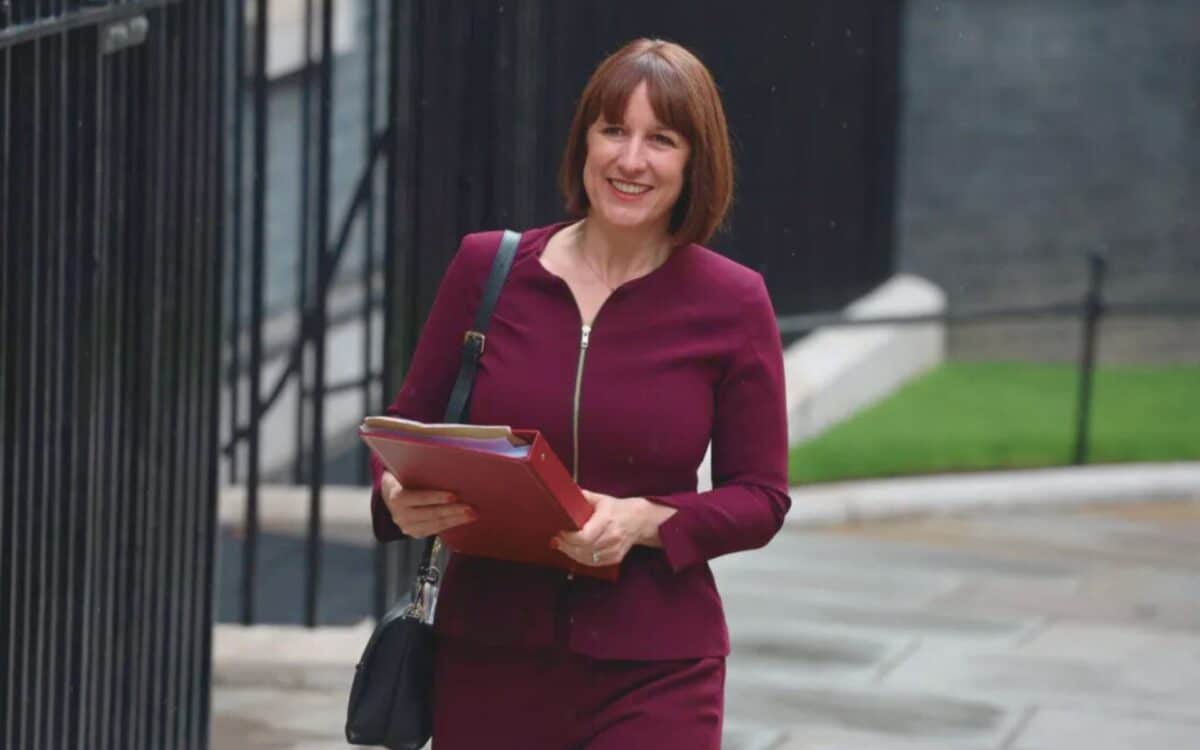Chancellor Rachel Reeves plans to raise employers’ national insurance contributions during next week’s Budget, so the target of the raising this way will be around £20bn. Such an approach is nothing less than a complete revolution in the tax policy of the country. It seeks to meet apart from Labour’s £40bn gaping hole in financing needs over the time while ensuring that the National Health Service receives mandate funding provision.
Reeves’ Main Tax Changes
The Chancellor’s proposed reforms centre on two major adjustments to the National Insurance framework. First, the employers’ rate will increase by up to 2 percentage points from its current level of 13.8 per cent.
According to HM Revenue & Customs’ calculations, this change alone could generate approximately £17bn in additional revenue. Second, the government plans to lower the salary threshold at which employers begin paying these contributions, currently set at £175 per week.
For their extra expenses, public sector employers which include NHS will be compensated and this is aimed at ensuring that the increased contributions do not wreak havoc in the essential services. This will however not go with private sector businesses who will feel the impact of such changes with industry representatives expressing fears over such changes.
Business Support Framework
In an effort to mollify business concerns, Reeves will present a comprehensive “corporate tax road map” alongside the Budget. This strategic document outlines several key commitments:
- A firm cap on corporation tax at 25% for the remainder of the parliament
- Introduction of a new “advance clearance” system for investors
- Retention of the “full expensing” capital allowance regime introduced by the previous Conservative government
- Continuation of existing research and development tax credits
- Creation of a specialised HMRC unit to provide tax guidance on major investment projects
Prime Minister Sir Keir Starmer has mounted a robust defence of the plans, emphasising that Labour’s manifesto pledge against tax rises specifically referred to “working people” and not employers.
Speaking at the Commonwealth heads of government meeting in Samoa, he stated: “We were really clear in the manifesto and in the campaign that we wouldn’t be increasing taxes on working people and spelt out what we meant by that in terms of income tax, in terms of NICs and in terms of VAT.”
Economic and Future Outlook
The Budget is something that focuses on making ends meet when it comes to the amount required and also ensuring that businesses stay intact. While government officials consider this to be a ‘one and done’ operation, business lobby groups continue to be cautious about what comes next.
Former Conservative Treasury minister David Gauke, who oversaw similar road maps in 2010 and 2016, emphasised the importance of maintaining commitments: “What’s really important is not what you promise to do, but what you promise not to do. And of course it’s only worthwhile if you stick to your promises.”
Additional Fiscal Measures
Beyond the National Insurance changes, the Budget is expected to include several other significant fiscal measures:
- An increase in capital gains tax on shares
- Extension of the freeze on income tax thresholds
- £20bn increase in borrowing for capital investment in green energy, hospitals, and schools
- Maintenance of existing R&D tax credit systems
- No changes to current business rates










So this is pro business hate to what they are going to do if it’s against businesses.
I wonder if that £64 billion investment is still on the cards from international businessess when they see this blatant lie from the labour party on not putting up taxes on “working people”
They have gone back on there manifesto and are increasing taxes should be kicked out of office